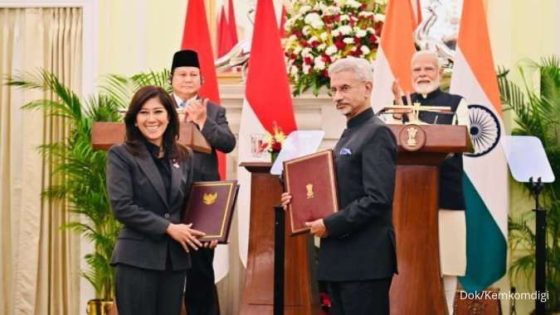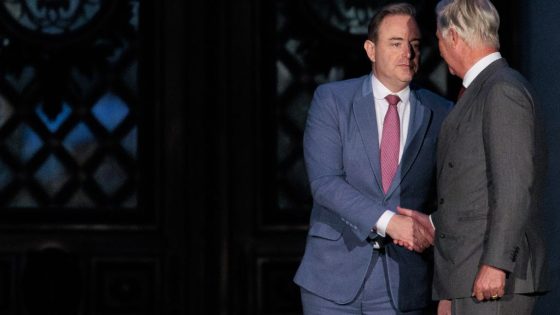In a bold move to end its forced partnership with Fernando Collor’s TV station in Alagoas, Globo has filed a request with the president of the STJ, Herman Benjamin. This request seeks to overturn a local court’s decision that mandated a five-year contract renewal with TV Gazeta.
- Globo seeks to end partnership with Collor's TV
- Legal appeal submitted to STJ president
- Rarity of direct appeal to STJ noted
- Allegations of public order violation by TJAL
- New contract signed with TV Asa Branca
On January 14, Globo submitted this unusual appeal, which is currently under judicial secrecy. But why is this significant for the media landscape in Brazil?
Globo’s Legal Challenge: Aiming for Media Freedom in Brazil
What does Globo’s legal action mean for the future of media partnerships in Brazil? The network argues that the Alagoas court’s decision disrupts public order and is excessively protective of TV Gazeta. This situation raises questions about the balance of power in media contracts.
Implications of Globo’s Appeal on Media Partnerships
Globo’s appeal highlights the complexities of media contracts in Brazil. The network has already secured a new agreement with TV Asa Branca in Caruaru, signaling its intent to move forward independently.
Understanding the Legal Framework Behind Globo’s Appeal
Globo’s case is based on the Law No. 8.437/1992, which was enacted during Collor’s presidency. This law allows for direct appeals to the STJ against lower court decisions, a rare and strategic move for Globo.
- Globo argues the local court’s decision is disproportionate.
- The network has already established new partnerships.
- This case could redefine media contracts in Brazil.
- Legal experts note the rarity of such appeals.
What This Means for the Future of Brazilian Media
As Globo navigates this legal challenge, the outcome could set a precedent for how media companies handle partnerships in Brazil. If successful, it may encourage other networks to assert their independence against local judicial rulings.
In conclusion, Globo’s pursuit of legal recourse against a court decision not only reflects its desire for autonomy but also highlights the ongoing tensions in Brazil’s media landscape.
































